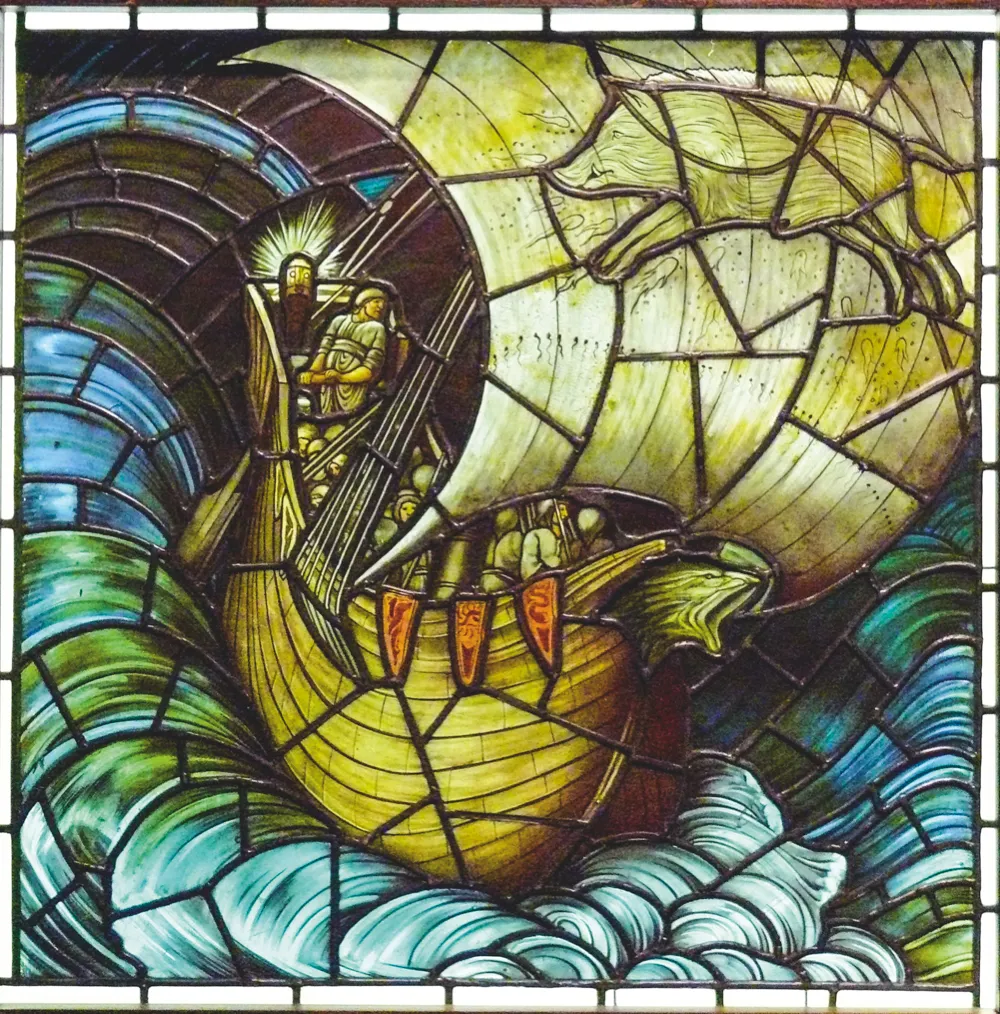I can’t remember a time when I was not completely absorbed by antiques. My father collected antiques, instruments and motorbikes and, as a result, I was immersed in the unusual and the old from a young age. What really got me excited wasn’t the pristine museum pieces that we saw on family holidays but the rusty, broken stuff I found in the fields around my childhood home of Glan Conwy, a village in north Wales.
During the summer holidays, my best friend (and, much later, Salvage Hunter cohort) Tee and I scoured the beaches, local tips and countryside looking for pushbikes, car badges, oars and boat paraphernalia – anything that people had thrown away. We would sell what we’d salvaged at the side of the road to buy sweets and magazines.
You might also like what to watch on TV if you love antiques and interiors
I loved the thrill of the hunt and decided that I wanted to be an antiques dealer by the time I was 11, but I couldn’t figure out how to raise the amount of money you needed to launch an antiques business. The way in for me was to become a restorer who found broken objects and added value to them.
I left school as soon as I could and took an apprenticeship working for a stained-glass restorer. I’ll never forget my first day on the job. My bosses Gordon and Stuart took me to a church in Holyhead. They showed me how to remove the stained-glass windows from the stonework and we carefully put them in the back of the van before the church was demolished. Years later, I set up on my own, working in a room by the side of my dad’s garage, dealing in stained-glass windows.

One day, a dealer pulled up in his van. When he threw open the doors and started to peel back the layers of stained-glass windows that lay unwrapped, I instantly recognised them. Not only were they the same windows that I had removed from the church in Holyhead, they were also, as I now knew, by William Morris and Edward Burne-Jones. I bought the windows on the spot. The dealer wanted £2,600 and it took every last penny I had. But when I got them back to the house to do some research, I found that they were even more special than I’d thought.
More from Drew:
Inside Drew Pritchard's converted Methodist chapel
Drew Pritchard's sofa collection with Barker & Stonehouse
How I became an antiques dealer
How to be a successful antiques dealer
How to create country house style
